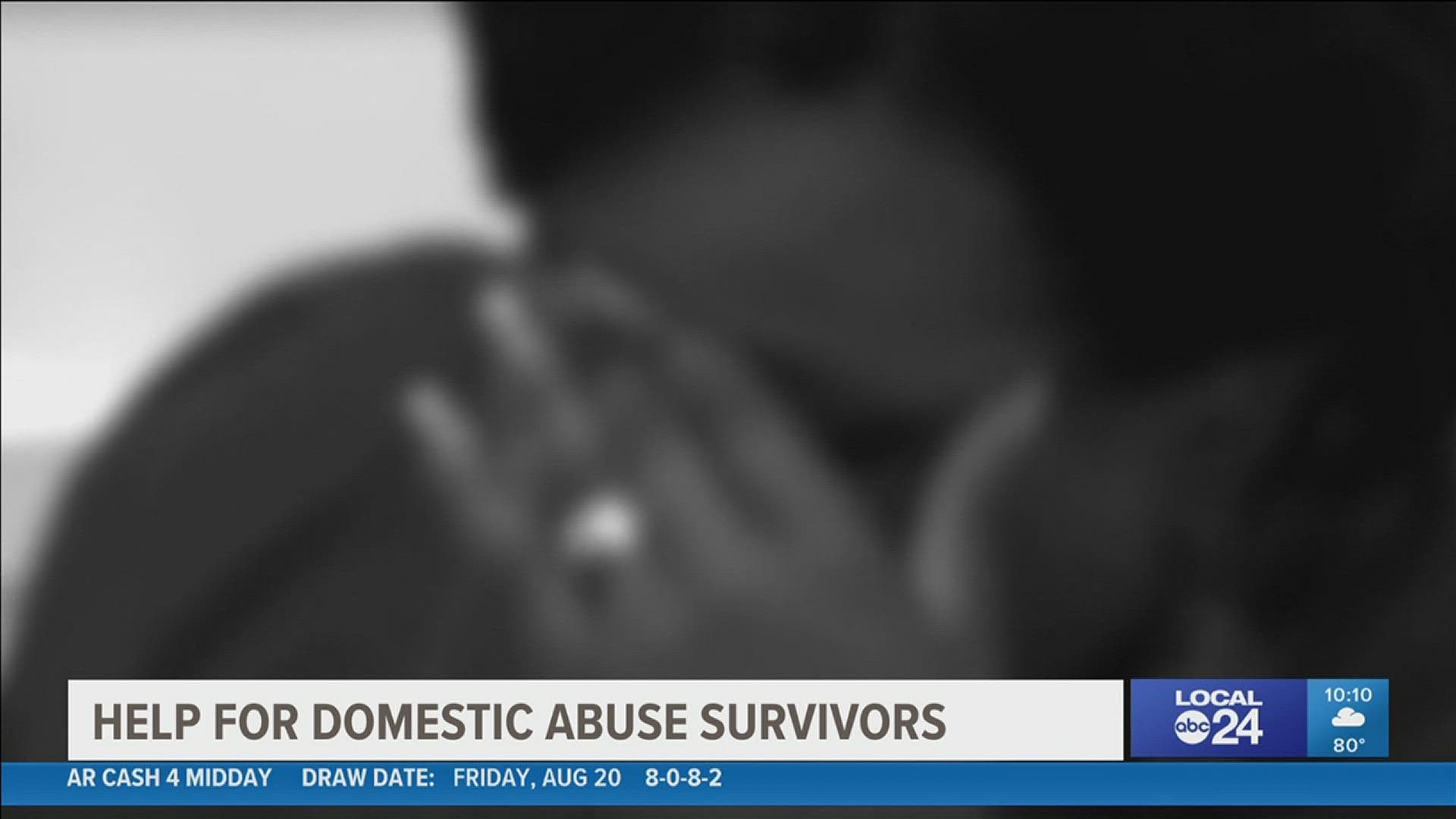MEMPHIS, Tenn. — Domestic violence incidents have been on the rise in the Memphis area according to the Family Safety Center during the pandemic. A University of California Davis study suggests extra stress in the COVID-19 pandemic caused by income loss has worsened intimate partner violence.
“I ended up calling 911,” said Dr. Penny Mickey, a previous violence victim. “I followed up with that and went to court. But what I didn’t know as a victim was that the court system and the 911 system they don’t share records.”
Dr. Mickey said it was about five months into her previous marriage before there was a physical hit, but said there were warning signs. Mickey said it’s important to have a well-thought out safety plan to leave a harmful relationship.
“I got to the point where I didn’t leave my home without a file in my trunk,” said Dr. Mickey. “In that file I was able to retrieve transcripts from the 911 record. I was also able to keep all of my important materials.”
Mickey is the CEO of the Gradus Project which increases economic mobility of victims of domestic violence. She said her mission to support other victims of violence and with career readiness training and paid transitional employment.
“I had lost all control, although I had a full career I’d lost all control of the finances that would be needed to make a safe exit with at that point my infant son,” said Mickey.
The Gradus Project partners with the Family Safety Center, a non-profit that works with domestic violence victims and helps with counseling and emergency housing.
The Family Safety Center works with Memphis Police, the Shelby County Sheriff’s Office and a representative with the D.A.’s office.
“We really just say get out and run but it’s not that simple right?” commented Martha Jackson, the special programs director at the Family Safety Center. “Stats tell us that it takes a victim of domestic violence on average seven to eight tries before they leave permanently.”
During the pandemic the center said they’ve seen an influx of clients coming in trying to get help and seeking orders of protection. Jackson said that violence in a relationship doesn’t happen overnight but builds over time. Warning signs include a partner always wanting to know where you are or technology surveillance.
“If your partner is constantly following you to work at first it could be flattering right?” said Jackson. “He or she follows me and when I get off work the person is there. But that could be a sign.”
It’s important to provide a listening ear to someone in trouble. If you or someone you know is in a domestic violence or intimate partner violence situation you can call the Family Safety Center’s 24-hour hotline at 901-800-6064.

